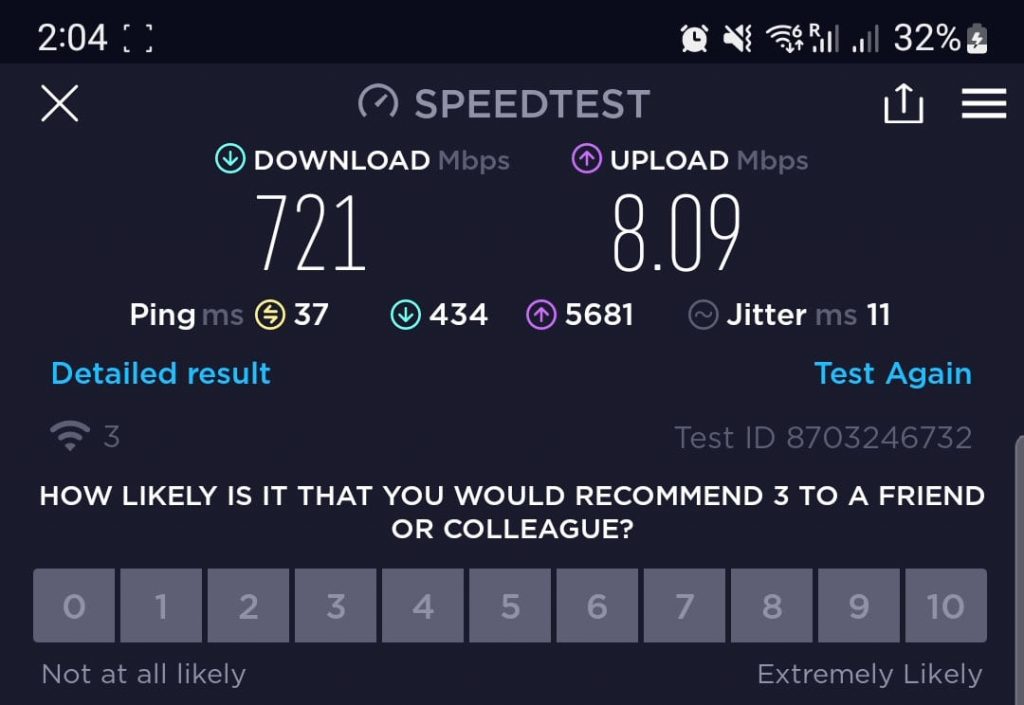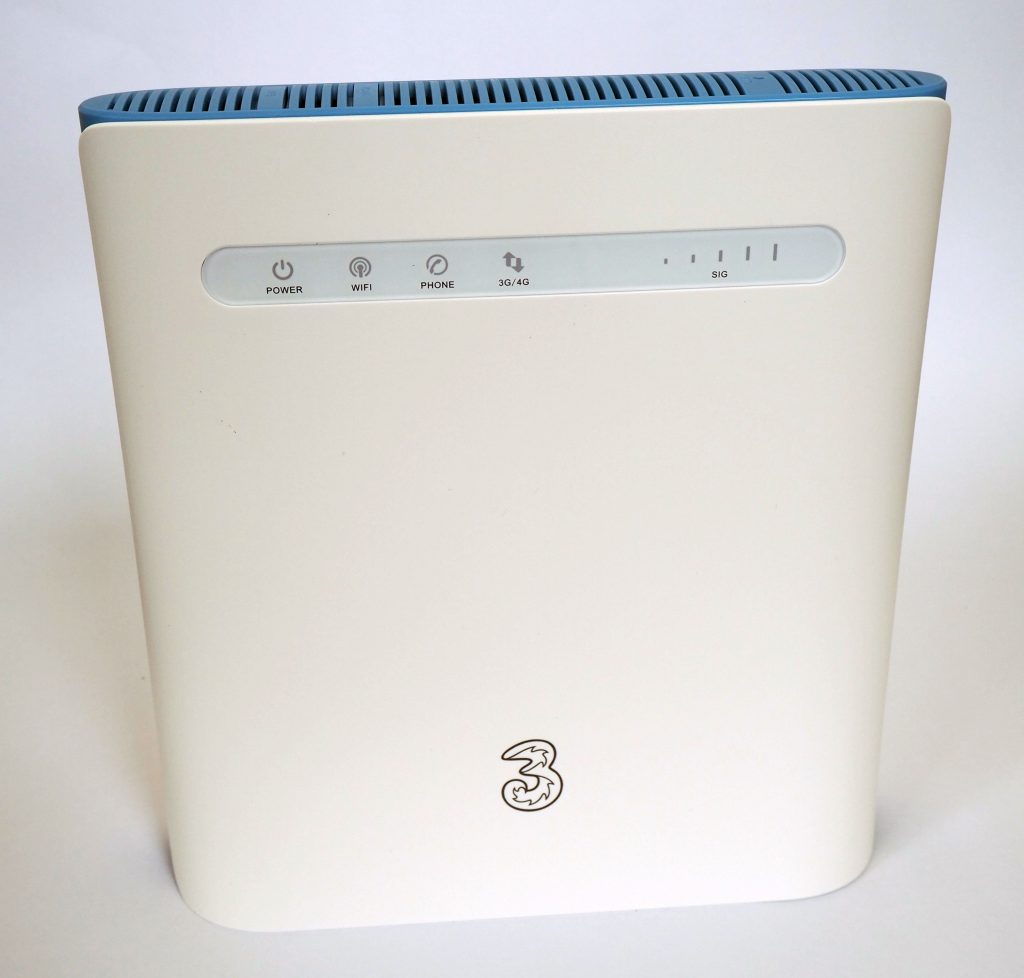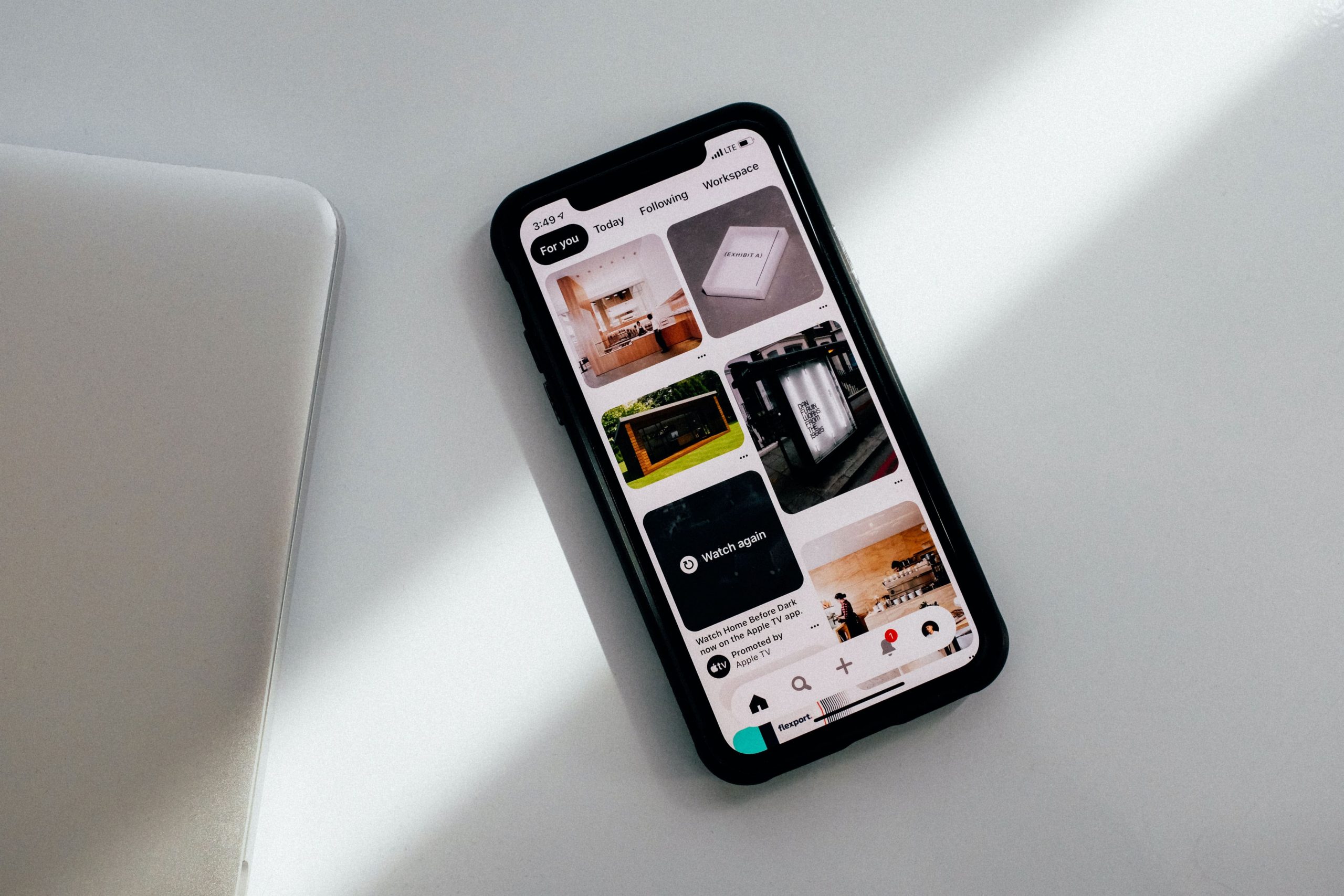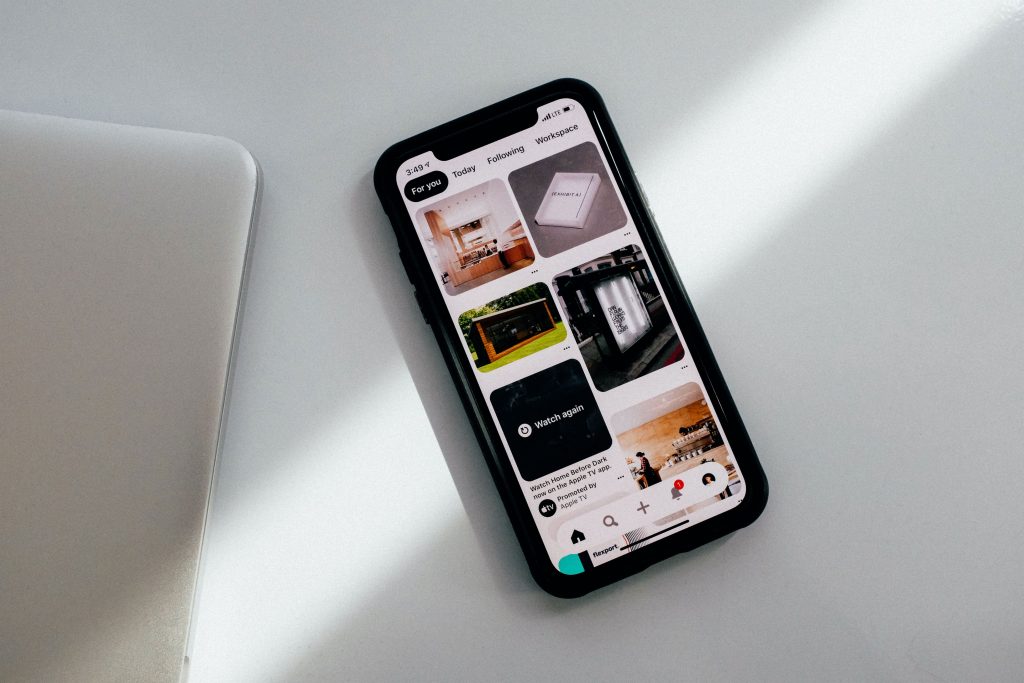Most of the time, if you have fibre broadband, your home internet connection should be faster than your mobile data connection.
However, sometimes you might find that switching to your phone’s hotspot results in faster internet speeds than using Wi-Fi.
It’s not unheard of for your 4G or 5G to be faster than your home broadband. Sometimes, this can indicate a problem with your broadband connection.
In this article, we’ve explained some common reasons why your mobile internet is faster than your home broadband connection, and what you can do to fix this issue.
Why your Wi-Fi is slower than using mobile broadband
Here are some potential reasons why your fixed broadband connection is slower than using mobile internet.
1. The mobile network performs better than the broadband network in your area
In some parts of the UK, and in other countries, it’s actually normal for the mobile network to provide faster download speeds than using a fixed-line connection.
This is especially the case if you’re using 5G on your phone (instead of 4G), or if you’re using an outdated ADSL (copper) home internet connection.
The 5G network can provide real-world download speeds of 500-700 Mbps or even higher, from our testing. This is much higher than the average broadband speed in the UK, which is currently 69.4 Mbps, according to Ofcom.

Even if you’re using 4G on your phone, it’s not unheard of to get download speeds of 50 Mbps or so. If you only have a superfast fibre broadband connection, with a download speed of 35-40 Mbps or less, this could be why your phone offers a faster connection.
2. Your home broadband is experiencing network congestion
If you’re paying for faster broadband than what your 4G or 5G connection should offer, but your broadband is often slower at certain times of day, your home Wi-Fi connection is likely experiencing network congestion.
Network congestion occurs when your broadband is overloaded, because too much data is being requested at once. This results in slower download and upload speeds.
There are two types of network congestion that commonly occur:
- Evening congestion is when the wider broadband network in your neighbourhood is overloaded, which often occurs during the evenings, when everyone gets online. The solution to this issue is to complain to your broadband provider, or switch to a different one, ideally to a provider using separate network infrastructure. Virgin Media for example has their own independent broadband network, while BT, Sky, Plusnet, and a range of other providers all use the same Openreach broadband infrastructure.
- Household congestion is when too much bandwidth is requested at the same time by people using your Wi-Fi at home. When this happens, your fixed broadband speeds will plummet. It’s likely that you’re experiencing household congestion if you notice your broadband speeds slow down when multiple people get online at once, especially when doing data-intensive activities, such as video streaming. To solve this problem, you either need to stop having too many people get online at the same time, or upgrade to a faster broadband connection.
3. You have a problem with your broadband connection
If you’re not getting the broadband speeds you’re paying for, and you’re not just experiencing slow speeds in the evening, or when others get online, it could be that there is another issue with your connection.
For example:
- Your router might need to be restarted to clear its cache or finish installing a firmware update.
- Your Wi-Fi signal might be being interfered with by other devices emitting radio waves in your house, such as baby monitors.
- There might be a line fault with your fibre connection that your broadband provider needs to fix.
In this case, it’s worth getting in contact with your broadband provider to get help solving the problem.
You can also check out our guide on improving your internet speed if you want to do some troubleshooting of your own.
Can I use my phone’s internet to get online permanently?
If your mobile broadband connection is faster than using Wi-Fi, you might be wondering if it’s possible to use 4G or 5G as your main way of getting online at home.
Not only is mobile internet sometimes faster than using a fixed connection, it can also be cheaper in certain countries, including the UK.
The answer is, you can use mobile broadband to get online at home. However, it’s probably not a good idea to use your phone’s hotspot. If you do this, you’ll need to keep your phone on and plugged in all the time, which will degrade its battery, and your Wi-Fi signal from your phone won’t be very good compared to using a proper Wi-Fi router.
Instead of using your phone, there are specialised routers that take a SIM card, connect to 4G or 5G, and create a Wi-Fi hotspot you can connect all of your devices to.

There are two downsides to using mobile broadband though that you should be aware of:
- Often, these types of internet plans come with a data usage limit, which is not ideal when looking for something to use as your main way of getting online at home. Make sure to find a plan that comes with unlimited data, especially if you work from home or have kids who are online every day.
- Your latency will be higher when using mobile broadband, meaning you’ll experience more lag when playing online games.
Despite these downsides, many people use mobile internet to get online at home, because it’s often cheaper and faster than using fibre. It’s also quite easy to set up – you won’t need an engineer to come and visit to get started.
Read our review of the Three 5G Hub to learn more about how using mobile broadband at home works.
About the author

Tyler is the co-founder of Broadband Savvy. He has been helping people improve their broadband connectivity since 2018 by writing about fibre broadband and mobile broadband providers, as well as creating tutorials to help people improve their broadband speeds and Wi-Fi signal.
Tyler is responsible for the majority of buyer’s guides and broadband reviews published on Broadband Savvy. He has a wealth of experience testing and reviewing different broadband tariffs, including fibre internet plans, as well as 4G and 5G broadband deals. He is responsible for testing and evaluating Wi-Fi routers, performing speed and latency tests, and comparing the value for money of different broadband providers on the market in the UK.
Before co-founding Broadband Savvy, Tyler had a long history of tinkering with computers. He built his first PC at the age of 12, and since then, he’s become obsessed with all things networking and internet-related. He’s a massive gamer, loves Rocket League, and also plays Sunday League football.






